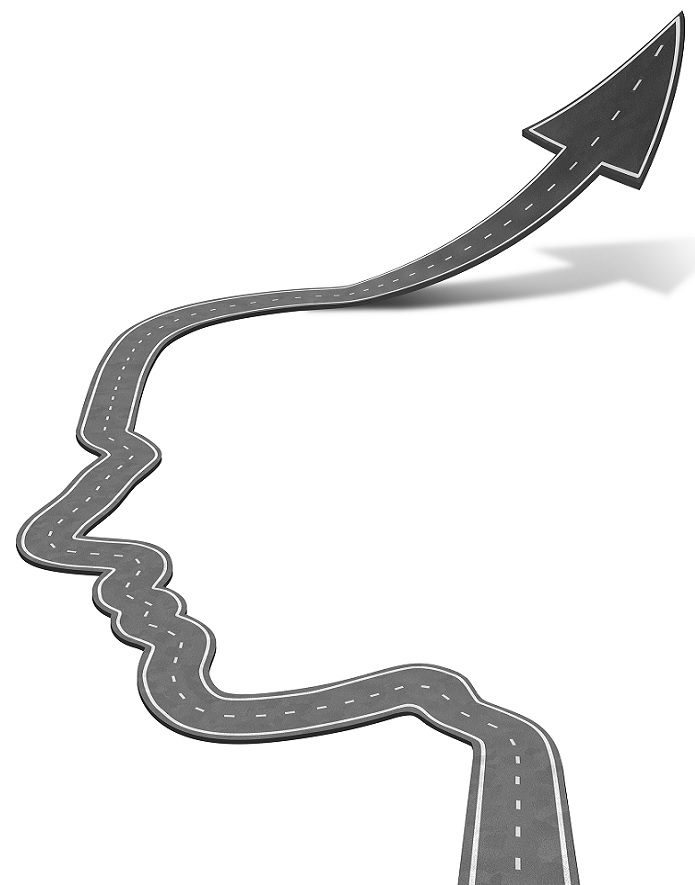What is a Career?

Generally, we tend to think about the career as only the professional life, which starts once we finish our studies and enter the job market and goes on till we retire from the professional world. Thus, we tend to think about a career as a series of jobs during our professional life.
The word ‘Career’ comes from the Latin word for chariot or cart (‘carrus’). A cart, of course, is a vehicle that transports you and your belongings from one place to another. With this insight, you can see that the cart can also be a metaphor for where you want to go in life. That goal is about increasing economic wealth and social standing for most people.
So, from a broader perspective, the career is a vehicle that transports us through life. All the decisions we make, all the actions we take, and the journey of life shape us educationally, socially, and economically, and from every angle that impacts our lives and standing in society and develops us overall.
However, to keep it simple, here we would talk mainly about the professional career.
When we apply for a new job or embark on a new one, it often helps to think of the endeavor as a step forward in our professional career. Of course, the word ‘career’ is often vaguely defined. Still, the etymology of it gives an important clue as to why it is worth thinking of in every decision we make in our working life and worth keeping in mind when we want to progress professionally.
To achieve this, thinking of your work in terms of a ‘career’ is of paramount importance. You will be able to map out the jobs you apply for to increase your chances of success and develop your career. When you think about switching or changing jobs within the meta-picture of a career, it can give you more clarity about the places you’d like to go, the person you would like to be, the impact or difference you can make, and the kind of lifestyle you would like to lead.
Everyone should be responsible for deciding what they wish to do in life, but this is often much more complex and easier said than done: there are usually many other factors at play in these situations – environmental, economic, societal, familial, etc. However, the ultimate decision should be yours, where you can maximize your potential and talent.
To determine your own career trajectory, you have to figure out what your true interests are, as well as your beliefs and values. If you know these and combine them with your particular skill sets and competencies to meet a need in the job marketplace, you will have found the sweet spot for embarking on a great career. This is because you will understand what your options are and can make informed choices to navigate your path with purpose.
This kind of insight can help define and focus on what you wish to do in terms of your career. It can also prevent you from making a common mistake made by people who wish to progress in their chosen profession: taking on a string of jobs that do not help get them closer to their goals in life. In other words, if you want to succeed professionally, you have to think about the following: “Is this job relevant to the career I want for myself?”

One thing to bear in mind is that ‘career development is not just about paid work; it can be a lifelong process that mixes your actual employment and other activities, including further education, volunteering, and hobbies. So don’t despair if you think your career path isn’t as linear or clear as your peers. This is not a static process – it is a continually evolving one that requires adaptation and resilience. The key is never to lose that focus in the context of your ‘cart’ – again, it can help define where you want to go in life, and your career is just that vehicle that will take you there.

Educated in Japan and Australia, Izumi is an accomplished professional with progressive international experience of over 15 years in various human resources and office administration functions, including talent acquisition, performance evaluation, customer service, workforce planning, and budget administration.